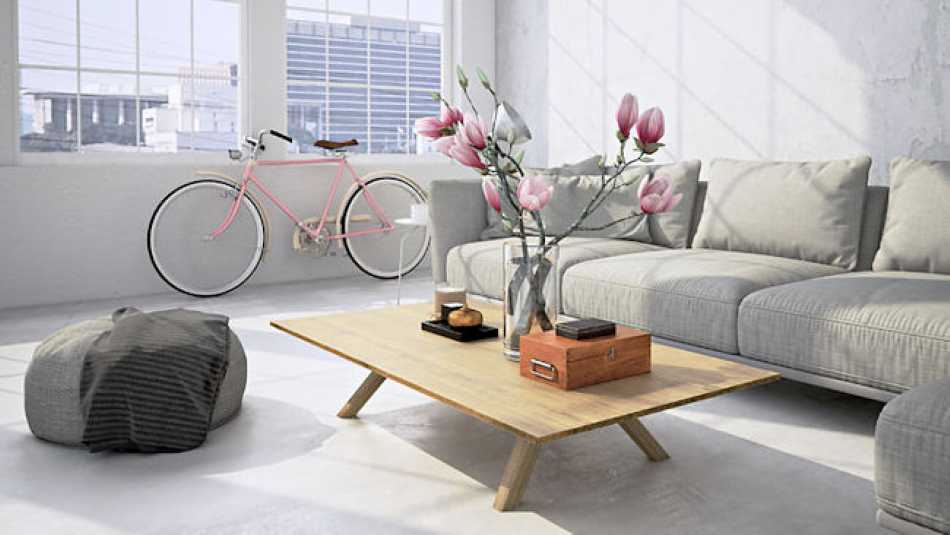
Rental Property: To Furnish Or Not To Furnish? |
Or even part furnish ... |
POSTED BY HELEN BEAUMONT ON 15/06/2018 @ 8:00AM
As you start to prepare your 2017/18 tax return, you may be looking at the schedule of costs incurred on your rental property and are thinking about what can be claimed as a repair ...
To furnish or not to furnish your rental property. That's the question!
copyright: 2mmedia / 123rf stock photo
If you look at HMRC's guidance, you will be right in thinking that the rules can be complex. There are two types of relief that you may be able to claim from a rental property:
The statutory renewals basis
The statutory renewals basis allows landlords of all residential rental property, whether furnished or unfurnished, to claim a deduction for the replacement of assets provided for the use by the tenant of a residential property.
Items such as furniture, furnishings, appliances and kitchenware will qualify for this relief. The relief is available on a 'like for like' basis, so any expenditure on improvements can't be claimed.
HMRC has indicated that, in the event of an improvement (or upgrade), they would allow a deduction for the notional cost of replacing the item on a like-for-like basis.
Replacement of fixtures
With the replacement of fixtures, for expenditure on items not included as domestic items, it may be possible to claim tax relief on the basis that the expenditure is a repair. This includes the replacement of kitchen units or bathroom fittings provided that there has been a like for like replacement.
I was recently discussing this with Ausra of Amber Properties, a specialist letting agent in Northampton, and asked her whether you should furnish a buy to let.
These are her thoughts on the matter:
"You may let a rental property more quickly (depending on the location and demand) if it is furnished because generally, most tenants are looking for furnished lettings. However, if at the end of a tenancy the furniture has sustained damage or wear and tear, you will have to replace it.
Some payments can be taken from a tenant's deposit, however, as a landlord, you're not allowed to charge tenants the full price of the furniture if there is only wear and tear. This could also be seen as a positive, as if the furniture is not damaged at the end of a tenancy then it means you're able to keep the furniture for yourself or offer it to future tenants.
With a furnished rental property, you also need to maintain an inventory to ensure that there are no arguments at the end of a tenancy as to whether something was damaged when the tenant moved in or not, which can be very time-consuming.
Tenants don't tend to stay as long in furnished properties as they do in unfurnished ones, partly because the type of tenants who have their own furniture is more likely to be settled, and partly because of the added time, effort and expense that comes with moving all their furniture.
In conclusion, some lettings agents think that slightly higher rents can be achieved from a furnished rental property than unfurnished - somewhere between 5 and 10 per cent. However, most argue that giving your tenants the option of having furnished, part-furnished or an unfurnished rental property is the best option as it gives them the flexibility and keeps them happy.
If you'd like to find out more about whether you should furnish, part furnish or not furnish your rental property then do give me a call on 01908 774323 or click here to ping me an email and let's see how I can help you.
Until next time ...
HELEN BEAUMONT
Join my mailing list! Click here and be one of the first to know when I publish a new blog post!
Leave a comment ... |
More about Helen Beaumont ... | ||
|